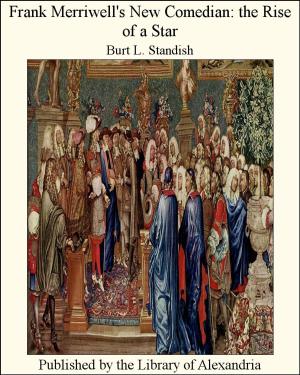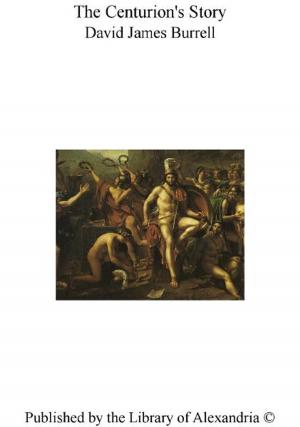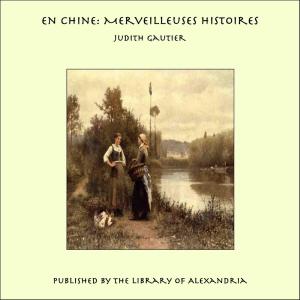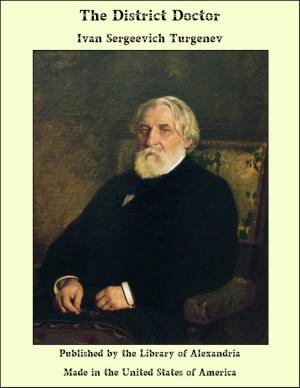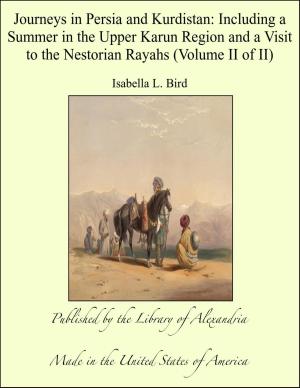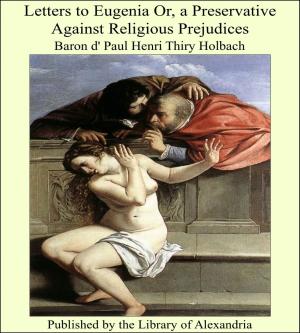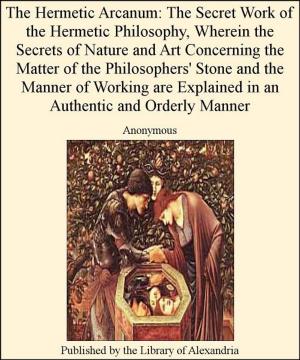The Prose Writings of Heinrich Heine
Nonfiction, Religion & Spirituality, New Age, History, Fiction & Literature| Author: | Heinrich Heine | ISBN: | 9781465562524 |
| Publisher: | Library of Alexandria | Publication: | July 29, 2009 |
| Imprint: | Library of Alexandria | Language: | English |
| Author: | Heinrich Heine |
| ISBN: | 9781465562524 |
| Publisher: | Library of Alexandria |
| Publication: | July 29, 2009 |
| Imprint: | Library of Alexandria |
| Language: | English |
HEINE gathers up and focuses for us in one vivid point all those influences of his own time which are the forces of to-day. He appears before us, to put it in his own way, as a youthful and militant Knight of the Holy Ghost, tilting against the spectres of the past and liberating the imprisoned energies of the human spirit. His interest from this point of view lies, largely, apart from his interest as a supreme lyric poet, the brother of Catullus and Villon and Burns; we here approach him on his prosaic—his relatively prosaic—side. One hemisphere of Heine's brain was Greek, the other Hebrew. He was born when the genius of Goethe was at its height; his mother had absorbed the frank earthliness, the sane and massive Paganism, of the Roman elegies, and Heine's ideals in all things, whether he would or not, were always Hellenic—using that word in the large sense in which Heine himself used it—even while he was the first in rank and the last in time of the Romantic poets of Germany. He sought, even consciously, to mould the modern emotional spirit into classic forms. He wrought his art simply and lucidly, the aspirations that pervade it are everywhere sensuous, and yet it recalls oftener the turbulent temper of Catullus than any serener ancient spirit. For Heine arose early in active rebellion against a merely passive classicism; just as fiercer and more ardent cries, as from the Orient, pierce through the songs of Catullus. The mischievous Hermes was irritated by the calm and quiet activities of the aged Zeus of Weimar. And then the earnest Hebrew nature within him, liberated by Hegel's favourite thought of the divinity of man, came into play with its large revolutionary thirsts. Thus it was that he appeared before the world as the most brilliant leader of a movement of national or even world-wide emancipation. The greater part of his prose works, from the youthful Reisebilder onwards, and a considerable portion of his poetic work, record the energy with which he played this part
HEINE gathers up and focuses for us in one vivid point all those influences of his own time which are the forces of to-day. He appears before us, to put it in his own way, as a youthful and militant Knight of the Holy Ghost, tilting against the spectres of the past and liberating the imprisoned energies of the human spirit. His interest from this point of view lies, largely, apart from his interest as a supreme lyric poet, the brother of Catullus and Villon and Burns; we here approach him on his prosaic—his relatively prosaic—side. One hemisphere of Heine's brain was Greek, the other Hebrew. He was born when the genius of Goethe was at its height; his mother had absorbed the frank earthliness, the sane and massive Paganism, of the Roman elegies, and Heine's ideals in all things, whether he would or not, were always Hellenic—using that word in the large sense in which Heine himself used it—even while he was the first in rank and the last in time of the Romantic poets of Germany. He sought, even consciously, to mould the modern emotional spirit into classic forms. He wrought his art simply and lucidly, the aspirations that pervade it are everywhere sensuous, and yet it recalls oftener the turbulent temper of Catullus than any serener ancient spirit. For Heine arose early in active rebellion against a merely passive classicism; just as fiercer and more ardent cries, as from the Orient, pierce through the songs of Catullus. The mischievous Hermes was irritated by the calm and quiet activities of the aged Zeus of Weimar. And then the earnest Hebrew nature within him, liberated by Hegel's favourite thought of the divinity of man, came into play with its large revolutionary thirsts. Thus it was that he appeared before the world as the most brilliant leader of a movement of national or even world-wide emancipation. The greater part of his prose works, from the youthful Reisebilder onwards, and a considerable portion of his poetic work, record the energy with which he played this part

